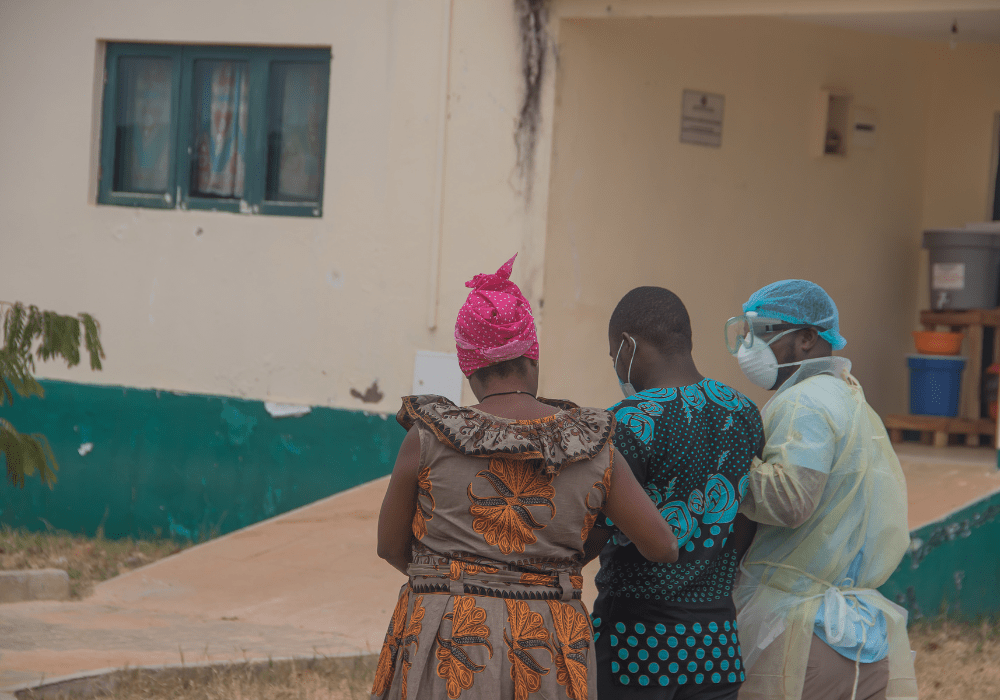
The concept of health system resilience is one that evokes images of communities and healthcare infrastructures and systems weathering a devastating event and working together to rebuild and emerge stronger. This idea is beginning to gain attention, as the subject of empirical studies more recently but has mostly been explored only conceptually in the past.
The empirical research that is being done on the subject is, however, now beginning to add up, without any reviews being done on the methods used to define and quantify “resilience” in the literature. Biddle et al.’s literature review of empirical research is aimed at identifying how health system resilience is being defined, analyzed, and implemented in public health research and if a consistent conceptual model could emerge to standardize how resilience will be assessed moving forward.
This literature review utilized systematic methods as outlined in a study by Moher et al. and identified 71 articles for their analysis of health system resilience research. Of these articles identified –– mostly conducted in high-income countries and were published after 2017 –– looked at resilience after one specific crisis, and focused on healthcare service delivery. Health system resilience in low- and middle-income countries was found to not be thoroughly addressed in the literature, with data about resilience outside of workforce or service delivery were also lacking.
The authors ultimately concluded that the idea of health system resilience has undergone a “conceptual shift” away from top-down approaches to bottom-up approaches that look at the abilities of individuals to deliver health care services as opposed to the ability of a system to recover from an event. They also found that researchers from different fields of specialization tended to focus their studies on different aspects of health system resilience. For example, researchers from disaster management focused on infrastructure resilience, while resedarchers working on health care quality tended to emphasize reducing errors in clinical practice.
Overall, there is a disconnect between the vast body of work done on the conceptualization of health system resilience, and the number of articles that seek to empirically examine the administration of the concept. The authors argued that finding ways to combine the two methods through a standardized framework of assessment would improve and systematize the way health system resilience is researched in the future.
By Sarah Ortega
